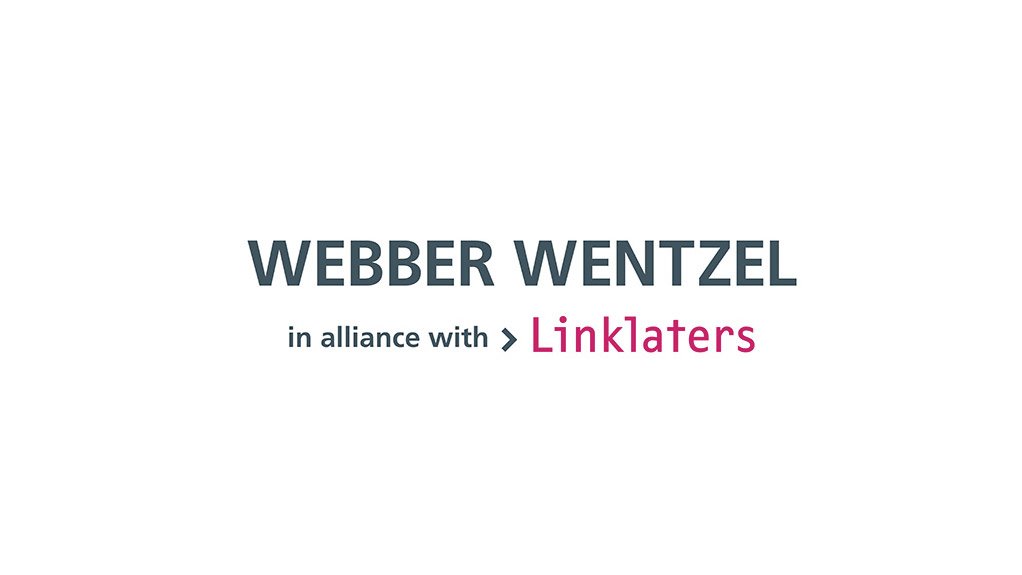South Africa’s Just Transition Framework recognises the agricultural sector as a-risk in the green transition and sets out various principles to achieve it responsibly.
South Africa’s economic growth and environmental responsibility are now intersecting. As the nation strives to mitigate climate change and embrace sustainable development, the concept of a "just transition" is emerging as a guiding principle.
The country’s Just Transition Framework (JET Framework) is aiming to reshape the agribusiness sector, paving the way for a more equitable and environmentally responsible future. The JET Framework acknowledges the urgency of addressing climate change while recognising the need for an equitable transition that safeguards the livelihoods of workers and communities that are engaged in carbon-intensive industries.
The Just Transition Imperative
The idea of a just transition hinges on the recognition that the shift towards a green economy must be fair, ensuring that no-one is left behind and that vulnerable communities and workers are protected. South Africa's commitment to this concept extends beyond the energy sector. It encompasses agribusiness as a vital component of the economy.
The JET Framework brings co-ordination and coherence to South Africa's just transition planning. It sets out a shared vision of the just transition, principles to guide the transition, and policies and governance arrangements to put it into effect. The JET Framework recognises the agriculture sector as an at-risk value chain and sector in the transition.
Agribusiness and its role in the green transition
Agribusiness holds a central position in the economic landscape. It encompasses not only large-scale farming but the entire value chain, from production and processing to distribution and export. However, this sector faces environmental challenges, including water scarcity, soil degradation and carbon emissions.
Sustainable farming practices
The JET encourages agribusinesses to adopt sustainable farming practices, which include precision farming, organic farming, agroforestry and eco-friendly pest control methods. These practices will reduce the sector's environmental footprint while enhancing yields and product quality. Government incentives and support programmes are deployed to facilitate this transition.
Renewable energy integration
Agribusiness relies heavily on energy for irrigation, food processing and transportation. The JET Framework promotes the integration of renewable energy sources like solar panels and biomass energy into agribusiness operations. This reduces greenhouse gas emissions and energy costs, making agribusiness more sustainable.
Inclusivity and rural development
The framework supports initiatives that empower small-scale farmers and rural communities, ensuring they actively participate in the transition. This creates opportunities for job creation and local economic growth.
The JET Framework represents a comprehensive approach to balancing economic development and environmental sustainability within the agribusiness sector. While challenges remain, including financing sustainable practices and ensuring widespread adoption, the framework provides a promising pathway to a more resilient, inclusive and environmentally responsible agribusiness industry. It also sets a promising example for other nations grappling with the dual challenge of climate change and social equity.
Through continued collaboration between government, farmers and civil society, South Africa can lead the way towards a greener, fairer agricultural sector that benefits both the planet and its people and exemplifies the principle that a just transition is not only desirable but also achievable.
Written by Garyn Rapson, Partner & Lerato Molefi, Associate at Webber Wentzel
EMAIL THIS ARTICLE SAVE THIS ARTICLE ARTICLE ENQUIRY
To subscribe email subscriptions@creamermedia.co.za or click here
To advertise email advertising@creamermedia.co.za or click here











